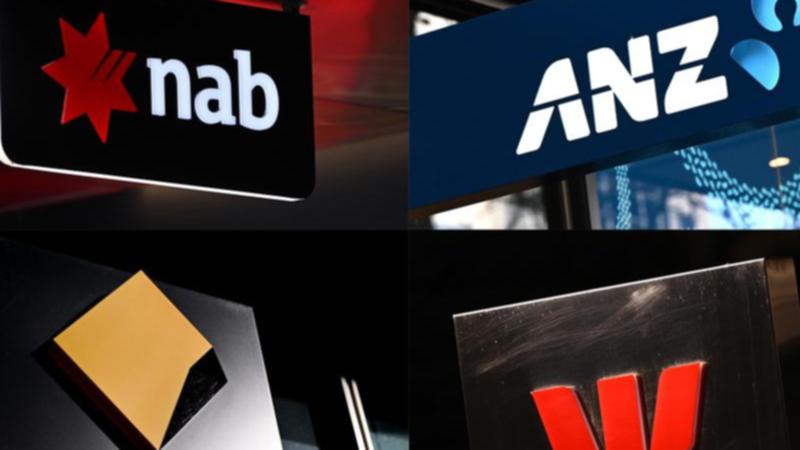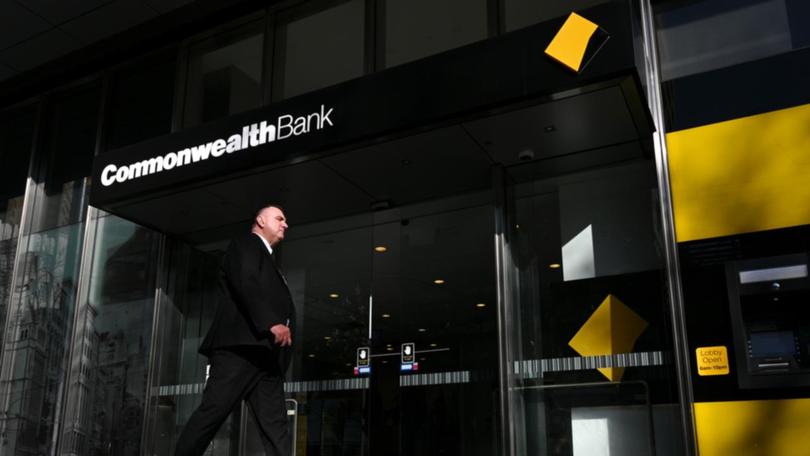Commonwealth Bank says it costs $350 million to keep cash at branches and in ATMs across the country
It’s the first time any Australian bank has disclosed the data.

In a strange and ironic 21st-century twist, cold hard cash is proving to be a major burden to Australian banks.
For the first time, one of the big four banks has revealed exactly how much it costs to provide cash to customers.
The Commonwealth Bank has revealed it is burning around $350 million a year in providing cash services across its branches and fleet of ATMs nationwide.
Sign up to The Nightly's newsletters.
Get the first look at the digital newspaper, curated daily stories and breaking headlines delivered to your inbox.
By continuing you agree to our Terms and Privacy Policy.The biggest of the country’s banks used its annual results presentation to detail how much it costs to keep physical money in its system, describing the system as a “challenging commercial model”.
It is the first time any Australian bank has disclosed the data on the underlying cost of cash services.
Despite significantly reducing its number of branches in recent years, CBA still has the largest fleet of ATMs (more than 1850 according to its latest count) and about 740 branches. About 40 per cent of its services are in regional areas.

In the financial year to June 2024, the CBA put the total cost of providing cash at $410 million — up about 50 per cent from the 2018-2019 financial year — with cash services only reeling in $60 million in revenue.
The other major banks have not revealed the cash burden on their revenue streams, but given CBA says it has “more than twice” the network of its competitors, this would suggest its rivals would likely not spend as much on providing cash.
The revelation comes amid swirling debate in recent years around the sustainability and economics of cash, which reached a fever pitch when the availability of cash was put in jeopardy when cash-in-transit supplier Armaguard faced potential collapse.
Armaguard handles 90 per cent of cash movements in Australia, totalling $6 billion a week and supplies cash to ATMs, banks and retailers.
Crisis was averted when Armaguard was given the green light to acquire its only major competitor, Prosegur, in 2023 and major retailers offered a $50 million bail-out. At the time, the Australian Competition and Consumer Commission said it was likely neither company would survive if the merger did not proceed. The deal has created a near-monopoly with no Plan B.
The bail-out saw the big four banks, Coles, Woolworths, Wesfarmers, and Australia Post agree to pay monthly payments to keep the cash-mover afloat.
Cash has also been a hot topic at the Reserve Bank of Australia, which has monitored the provision of cash and found almost half of all Australians do not use cash at all.
The CBA report said monthly cash ATM withdrawals have plunged 50 per cent since the 2018-2019 financial year.
The $350 million bill for cash services will likely be a topic when the banks face a House of Representatives committee later this month to examine the ongoing issue of cash provision.
